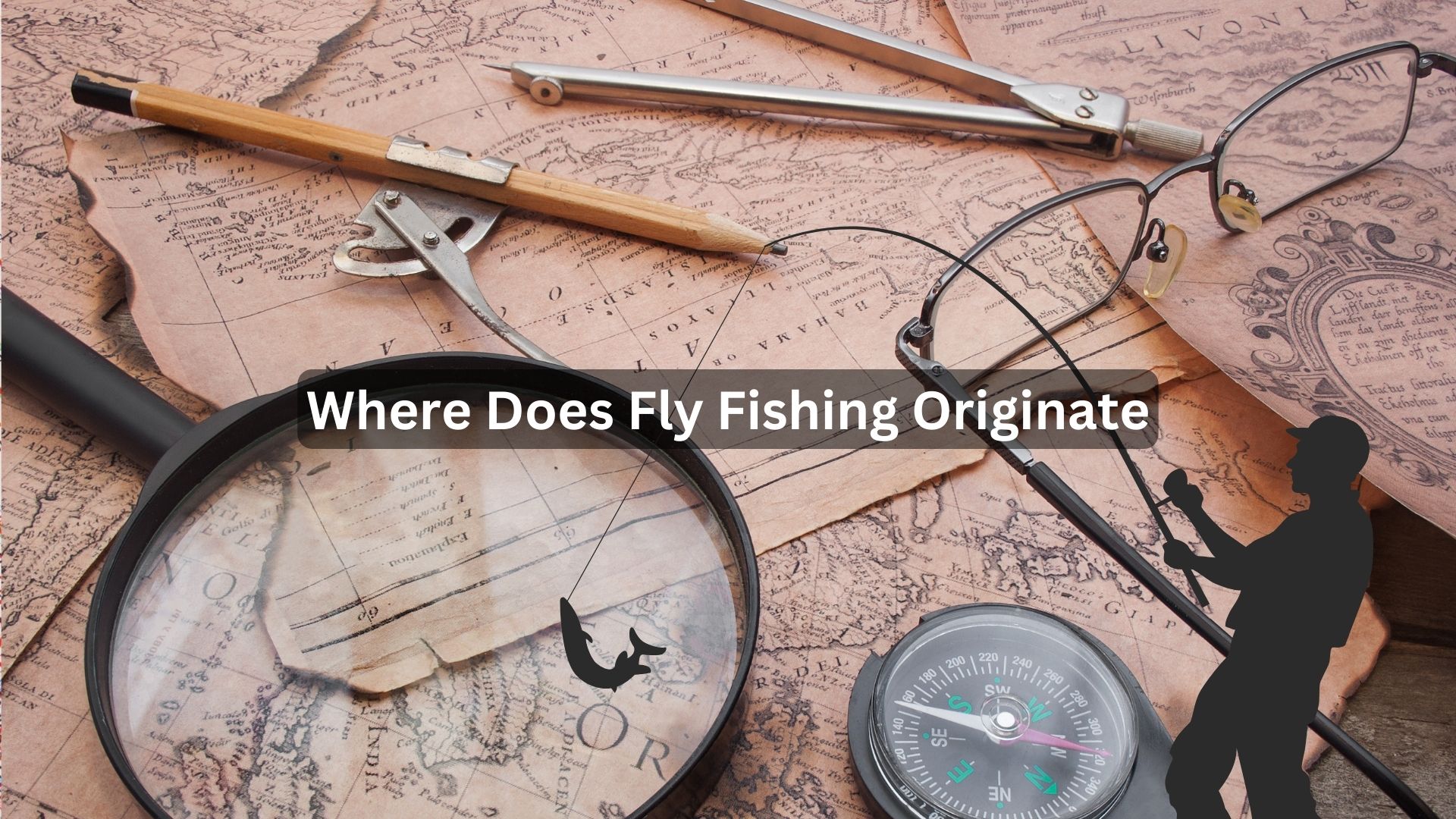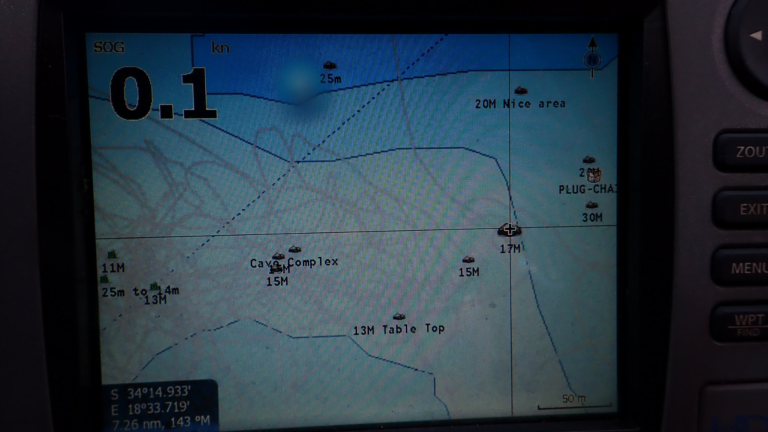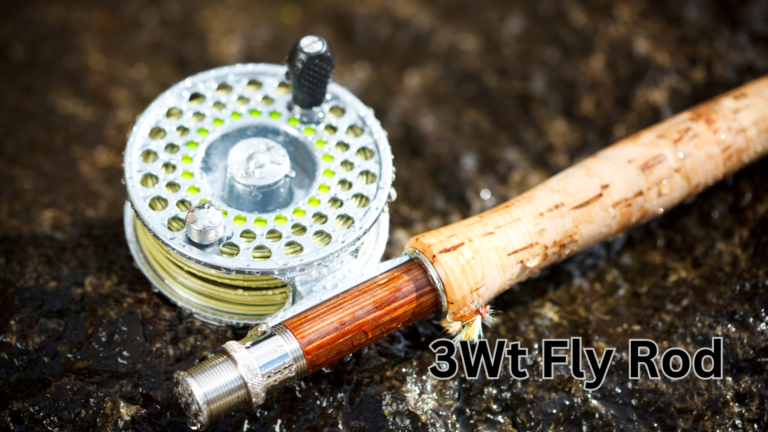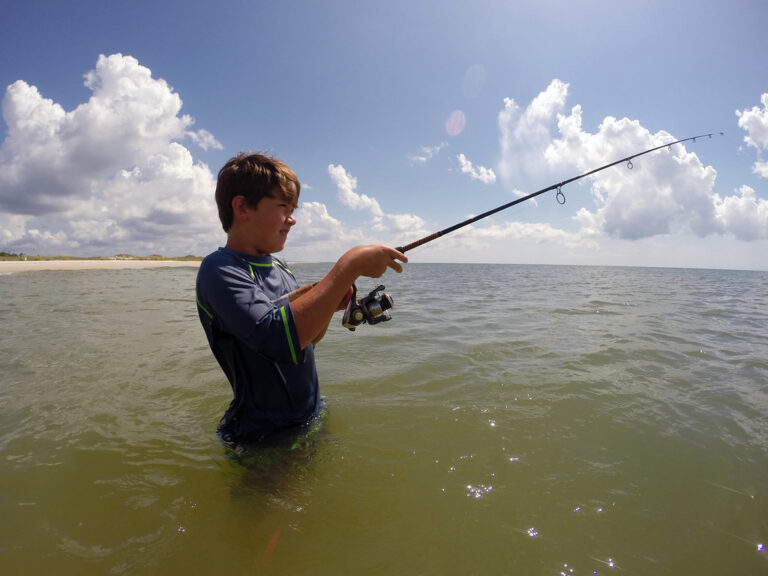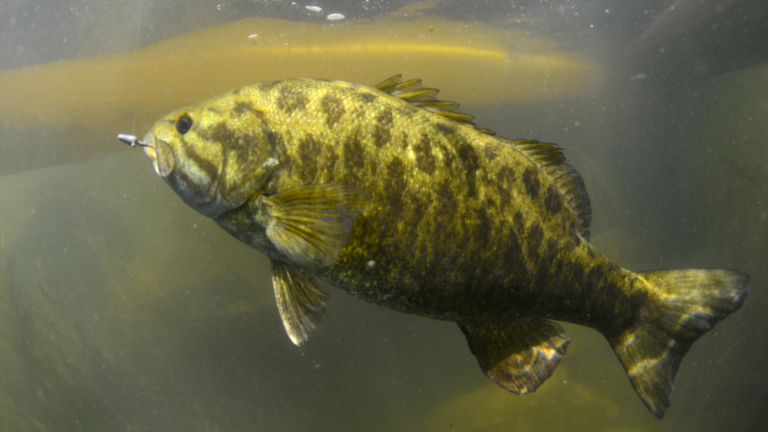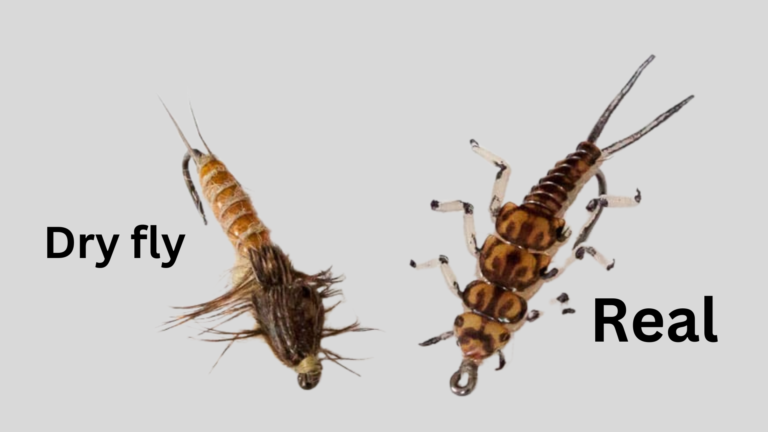Where Does Fly Fishing Originate ? where does trout fish come ?
WHERE DOES FLY FISHING ORIGINATE ? WHERE DOES TROUT FISH COME ?
Fly fishing originated in Macedonia during the second century. This ancient angling method was later refined in England and Scotland, becoming popular in Europe and North America.
Fly fishing has a rich history that dates back to the second century in Macedonia. As this angling technique evolved, it became refined in England and Scotland before gaining popularity in Europe and North America. With its roots deeply entrenched in history, fly fishing has transcended time and culture to become a beloved pastime for anglers worldwide.
The art of casting a delicate fly onto the water’s surface has evolved from humble beginnings to a revered skill, attracting enthusiasts seeking the tranquility and challenge of this time-honored sport. Whether it’s the serene beauty of a remote river or the thrill of catching a prized trout, fly fishing continues to captivate individuals and endure as a cherished tradition.

Credit: en.wikipedia.org
Ancient Origins Of Fly Fishing
Fly fishing is a sport deeply rooted in history, with its origins tracing back to ancient times. The early beginnings of fly fishing reveal fascinating insights into the ancient techniques and practices that have shaped the art form into what it is today.
Early Beginnings
The origins of fly fishing can be traced back to ancient civilizations such as the Macedonians, who practiced a form of fly fishing referred to as ‘fishing with a fly.’ Their techniques involved using artificial flies made from feathers, fur, and other materials to attract fish. The ancient Romans and Greeks also contributed to the development of fly fishing, employing similar methods to catch fish.
Historical Techniques
While the early origins of fly fishing were based on simple imitation of natural prey, historical techniques evolved over time. The Chinese and Japanese cultures developed sophisticated silk lines and bamboo rods, while the English refined fly fishing during the medieval period, leading to the emergence of fly fishing as a recreational pursuit.
Cultural Significance
Role In Ancient Societies
Fly fishing played a vital role in the everyday lives of ancient societies.
- Provided a reliable food source
- Developed as a form of sustenance procurement
- Enhanced intergenerational bonding through fishing outings
Symbolism And Rituals
Fly fishing held deep symbolic meanings and was intertwined with rituals.
- Represented a connection to nature
- Ceremonial fishing practices for abundance
- Used in spiritual rituals for prosperity
Evolution Of Fly Fishing
When we talk about the evolution of fly fishing, it is fascinating to trace its origins back in history. Fly fishing has come a long way from its humble beginnings, evolving into a popular sport and an artform enjoyed by millions around the world. Let’s delve into the technological advancements and global spread that have shaped the fly fishing we know today.
Technological Advancements
In the field of fly fishing, technological advancements have played a significant role in improving the gear, techniques, and overall experience.
- Rod and Reel Innovations: Over time, fly fishing rods and reels have undergone remarkable transformations. Traditional bamboo rods have given way to lighter and more flexible graphite and carbon fiber materials, allowing for more precise casting and increased durability.
- Fly Lines: The development of modern fly lines has revolutionized the sport. Manufacturers have introduced a vast range of specialized lines designed for different fishing conditions and target species. Floating lines, sinking lines, shooting heads, and weight-forward lines are just a few examples of the options available to anglers today.
- Flies and Tying Techniques: The art of fly tying has seen tremendous advancements. Innovative materials, such as synthetic fibers and UV-activated resins, have expanded the range of patterns and improved their durability. Anglers can now tie intricate patterns that imitate specific insects with unprecedented realism, enhancing their chances of success on the water.
Global Spread
Fly fishing’s evolution wouldn’t be complete without exploring its global spread. From its origins in Europe, it has spread to every corner of the world, captivating anglers across diverse landscapes and cultures.
- North America: Fly fishing found its way to North America through European settlers in the 17th century. It gained popularity in the rivers and streams of North America, especially in the mountainous regions of the Rockies and Appalachia, where trout and salmon thrived.
- Asia and Australia: Over the years, fly fishing has made its mark on new frontiers. Asian countries like Japan have embraced the sport, adapting it to their unique fishing conditions and targeting species such as carp and trout. Australia, with its diverse freshwater and saltwater ecosystems, has also seen a rise in fly fishing enthusiasts.
- Africa and South America: Fly fishing has permeated the waters of diverse continents like Africa and South America. In South Africa, anglers chase after prized yellowfish and trout in the region’s rivers. Meanwhile, countries like Argentina and Chile have gained recognition as premier destinations for fly fishing for trophy trout and salmon.
From technological advancements to its global spread, the evolution of fly fishing has truly broadened its horizons. This ancient angling technique has transcended time and boundaries, captivating anglers across generations and continents. As we continue to explore the depths of our waterways, one can only wonder what the future holds for this remarkable sport.
Influence On Modern Practices
Fly fishing has its origins traced back to ancient times; the practice is thought to have originated in Macedonia around 200 AD. This historical fishing method has had a significant influence on modern angling practices worldwide.
The origins of fly fishing can be traced back to ancient times, with records of the practice dating as far back as the 2nd century AD. This rich heritage has had a profound influence on modern fly fishing practices, shaping the way we approach and enjoy this captivating sport. From the materials used to the techniques employed, the legacy of fly fishing’s origins is evident in the way it is practiced today.
Impact On Contemporary Fly Fishing
Contemporary fly fishing owes much to its historical roots. The influence of the past can be seen in various aspects of modern fly fishing, enhancing the overall experience for anglers worldwide.
Legacy In Angling Culture
The legacy of fly fishing’s origins extends beyond the practice itself and has become deeply ingrained in angling culture. The reverence for tradition and appreciation of nature that characterized early fly fishing is still evident in the ethos of modern-day anglers. These values serve as a guiding compass, inspiring respect for the environment and fostering a sense of connection to the history of the sport.
Preservation Of Traditional Methods
Fly fishing has a rich history rooted in the preservation of traditional methods. Anglers worldwide cherish the heritage and techniques passed down through generations.
Conservation Efforts
Conservation initiatives play a crucial role in safeguarding the natural habitats of fly fishing. Anglers prioritize sustainable practices to protect the environment.
Revival Of Historical Techniques
The revival of historical techniques enhances the authenticity of fly fishing. Modern enthusiasts honor the past while incorporating innovative approaches.
Celebrating Heritage
Centuries-old traditions, a deep connection with nature, and a rich cultural heritage are all part of the fly fishing experience. Whether you’re a seasoned angler or just starting out, it’s important to celebrate the heritage of this beloved sport. From time-honored festivals and educational outreach initiatives, there are plenty of opportunities to immerse yourself in the history and traditions that have shaped fly fishing into what it is today.
Festivals And Events
Fly fishing festivals and events serve as vibrant celebrations of the sport’s heritage. These gatherings bring together anglers from around the world, creating a unique and welcoming atmosphere for all. Festivals showcase not only the passion and skills of fly fishing enthusiasts but also provide an opportunity to learn from experts, discover new techniques, and explore the latest gear and innovations. Whether you’re a seasoned angler looking to share stories and experiences or a beginner eager to connect with like-minded individuals, these festivals and events are a must-visit.
Educational Outreach
In order to preserve fly fishing heritage, many organizations and community groups have established educational outreach programs. These initiatives aim to educate individuals of all ages about the history, conservation efforts, and techniques associated with fly fishing. Through hands-on workshops, interactive seminars, and mentorship programs, people can develop a deeper appreciation for the sport and actively contribute to its preservation. By engaging in these educational opportunities, you not only enhance your own knowledge and skills but also become a part of the legacy that fly fishing represents.
Unraveling Historical Artifacts
Archaeological Discoveries
Archaeological findings have contributed valuable insights into the origin of fly fishing. Throughout history, artifacts unearthed from various regions have provided tantalizing clues about the early forms of this captivating angling technique. The study of these treasures has enabled historians and fishing enthusiasts to piece together the fascinating narrative of fly fishing’s inception.
Ancient Fly Fishing Tools
Delving into the annals of time, the discovery of ancient fly fishing tools has been instrumental in shedding light on the origins of this timeless tradition. Excavations have revealed intricately crafted hooks, lines, and other gear that unravel the skill and ingenuity of early fly fishing practitioners. These antiquated artifacts offer a captivating glimpse into the methods and practices employed by our forebears in their pursuit of the elusive catch.
Reflecting On Timeless Wisdom
“Reflecting on Timeless Wisdom”, it’s interesting to explore the origins of fly fishing. Dating back to ancient times, this serene and meditative practice originated in both Macedonia and Japan, where anglers used handmade flies to catch fish. Understanding its rich history can deepen our appreciation for this timeless tradition.
Reflecting on Timeless Wisdom
Lessons From Ancient Practices
Fly fishing dates back to ancient times, teaching us valuable lessons passed down through generations.Engaging in this traditional practice connects us with our roots and the wisdom of our ancestors.Through the years, fishermen have learned the art of patience, perseverance, and respect for nature.By delving into the origins of fly fishing, we uncover a treasure trove of timeless wisdom to guide us today.
Relevance In The Modern World
Despite its ancient roots, fly fishing remains a relevant and vital activity in our fast-paced modern society. The principles of sustainability and mindfulness learned from ancient practices are more crucial than ever. Fly fishing offers a retreat from the digital world, allowing us to reconnect with nature and ourselves. In today’s chaotic world, the serenity of fly fishing provides a much-needed escape and source of inner peace.
Frequently Asked Questions
Where Did Fly Fishing Originate?
Fly fishing originated in Macedonia, around the 2nd century. It gained popularity in England during the 19th century.
Was Fly Fishing Invented In Scotland?
Yes, fly fishing was likely invented in Scotland during the medieval period. It was developed to catch fish using artificial flies.
Did Native Americans Fly Fish?
Yes, Native Americans did fly fish. They used traditional methods like using spears or traps to catch fish.
Is Fly Fishing Japanese?
Fly fishing originated in Macedonia and was later adopted and developed in Japan. The Japanese style of fly fishing is known for its precision and innovation.
Conclusion
Fly fishing has a rich history originating from ancient cultures worldwide. Understanding its roots enhances the appreciation of this beloved sport. Delve deeper into the origins to gain a profound connection to nature and its enduring legacy in modern fishing practices.
